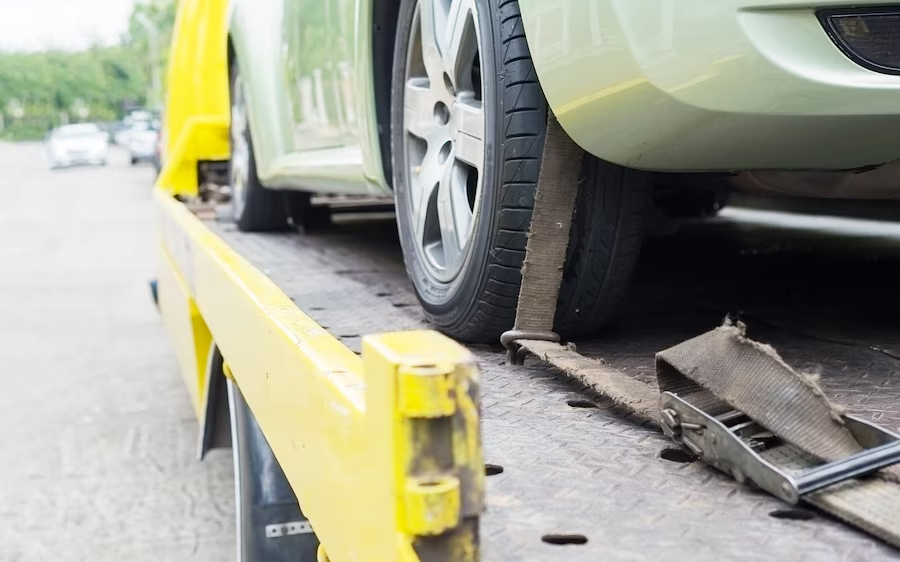Trailer and towing accidents can lead to severe injuries and property damage. When these incidents occur, a trailer expert witness may be called upon to analyze the cause and determine liability. This article explores three primary categories of defects that often contribute to trailer and towing accidents: design defects, manufacturing defects, and marketing defects.
Design Defects
Design defects are flaws inherent in the product’s blueprint or concept, affecting all units of a particular model.
Inadequate Tongue Weight Distribution
One common design defect involves improper tongue weight distribution. The tongue weight, which is the downward force exerted by the trailer on the hitch, should typically be 10-15% of the trailer’s total weight. Poor design can lead to:
- Insufficient tongue weight, causing trailer sway
- Excessive tongue weight, affecting the tow vehicle’s steering and braking
Faulty Hitch Designs
Hitch designs that fail to account for various towing scenarios can pose significant risks:
- Inadequate load capacity for the intended use
- Poor locking mechanisms prone to accidental disconnection
- Incompatibility with certain tow vehicles or trailer types
Unstable Trailer Configuration
The overall design of a trailer can contribute to instability:
- High center of gravity, increasing rollover risk
- Improper axle placement, affecting weight distribution
- Insufficient cross-bracing, compromising structural integrity
Manufacturing Defects
Manufacturing defects occur during the production process, potentially affecting a single unit or a batch of products.
Substandard Materials
The use of inferior materials can compromise the trailer’s safety:
- Low-quality steel prone to corrosion or fatigue
- Weak welds that may fail under stress
- Inferior grade bolts or fasteners susceptible to loosening or breakage
Assembly Errors
Mistakes during assembly can lead to dangerous defects:
- Improperly installed brake systems
- Misaligned wheels or axles
- Incorrectly mounted hitches or couplers
Quality Control Failures
Inadequate quality control processes may allow defective trailers to reach consumers:
- Overlooked structural weaknesses
- Undetected electrical system faults
- Missed safety feature malfunctions
Marketing Defects
Marketing defects, also known as failure to warn, involve inadequate instructions or warnings about a product’s proper use and potential hazards.
Insufficient Usage Instructions
Incomplete or unclear instructions can lead to misuse:
- Lack of proper loading guidelines
- Inadequate maintenance schedules
- Unclear towing capacity limitations
Inadequate Hazard Warnings
Failure to warn users about potential dangers can result in accidents:
- Missing labels for weight distribution requirements
- Lack of warnings about the risks of exceeding speed limits while towing
- Insufficient information about proper tire inflation and maintenance
Misleading Advertising
Overstating a trailer’s capabilities or downplaying its limitations can lead to dangerous situations:
- Exaggerated claims about towing capacity
- Understated risks associated with certain trailer features
- Misrepresentation of safety features or certifications
The Role of a Trailer Expert Witness
When trailer and towing accidents occur, a trailer expert witness plays a crucial role in identifying and analyzing these defects. Their expertise can help determine:
- The specific type of defect (design, manufacturing, or marketing)
- Whether the defect directly contributed to the accident
- If the manufacturer, distributor, or retailer should be held liable
Expert witnesses in this field typically have extensive knowledge of:
- Trailer and towing equipment design principles
- Manufacturing processes and quality control standards
- Industry regulations and safety standards
- Accident reconstruction techniques
Their testimony can be invaluable in legal proceedings, helping to establish causation and liability in trailer-related accidents.
Conclusion
Understanding the common types of trailer and towing defects is crucial for manufacturers, distributors, and users alike. By recognizing potential issues in design, manufacturing, and marketing, stakeholders can work towards improving safety standards and reducing the risk of accidents. When incidents do occur, the expertise of a trailer expert witness becomes invaluable in unraveling the complex factors that may have contributed to the accident, ensuring that justice is served and future tragedies are prevented.





